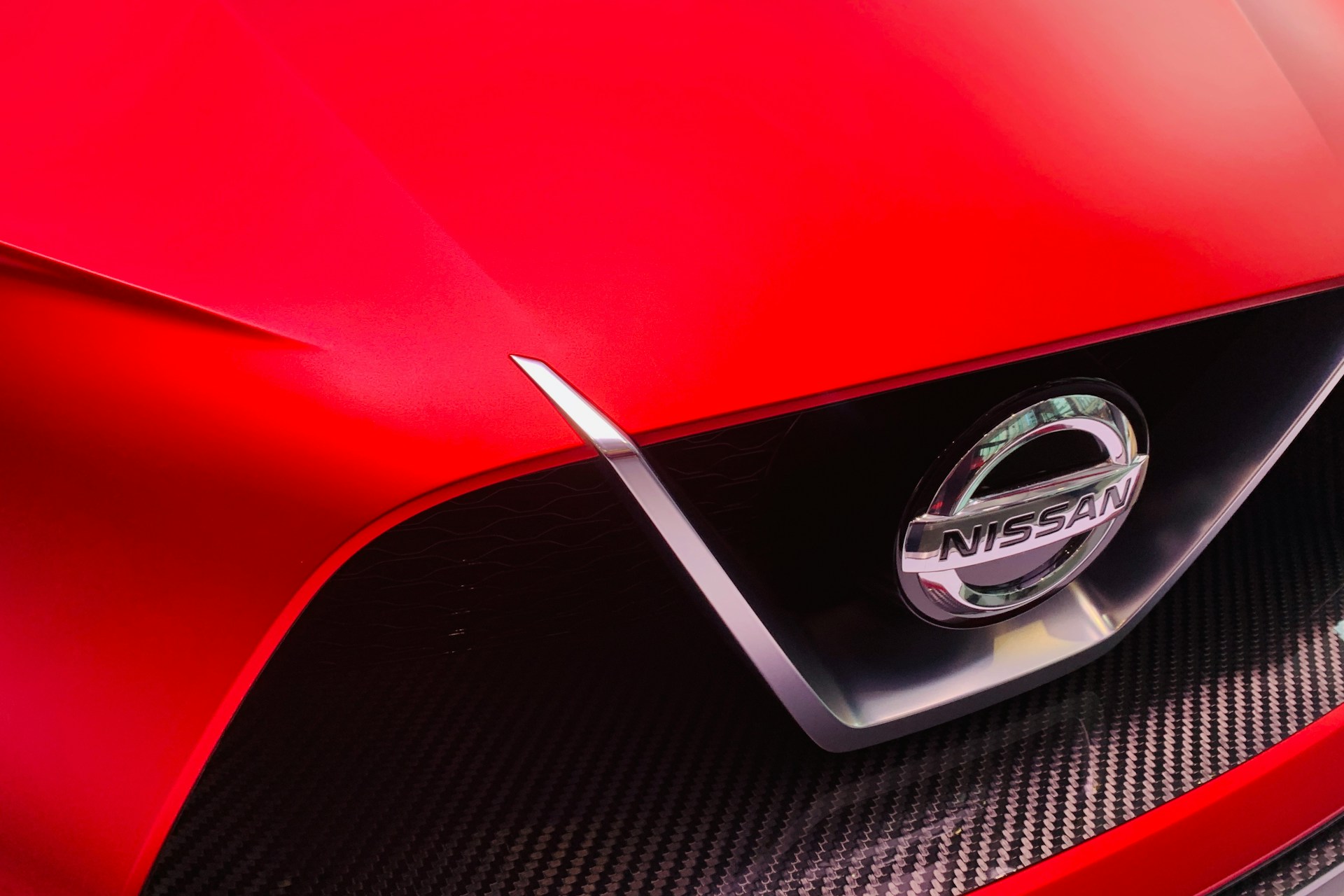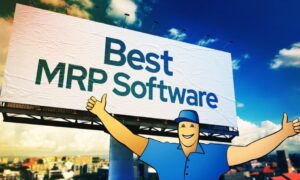Leasing a car is like borrowing a brand-new ride for a few years. Instead of buying it outright, you pay to use it—and then hand it back. More and more drivers are choosing to lease vehicles like the Nissan Altima, Nissan Rogue, and Nissan Leaf. Why? Because leasing offers flexibility, lower monthly payments, and a chance to upgrade every few years.
For commuters, families, and even first-time drivers, a Nissan lease is becoming a smart move. You get a reliable, fuel-efficient car without the long-term financial burden. But just like anything else, leasing has pros and cons. In this article, we’ll break it all down.
Leasing vs Buying a Nissan — What Works Best?
The Appeal of Lower Monthly Payments
When you lease a car, you’re only paying for the time you’ll drive it. That usually means lower monthly payments compared to a full auto loan. Leasing a Nissan Sentra or Nissan Pathfinder gives you access to a newer model with all the latest features, without stretching your budget.
For families or young professionals, this is a big win. You can even switch to a newer model every few years—without worrying about selling the old one.
Ownership Limitations and Mileage Caps
But there’s a trade-off. When you lease, you don’t own the car. That means you have mileage limits, often around 10,000 to 15,000 miles per year. If you go over, you’ll pay a fee for each extra mile.
And don’t forget wear and tear. If the Nissan Maxima gets scuffed or scratched beyond “normal use,” you might get billed at the end of your lease. So if you’re rough on cars—or planning a lot of road trips—a lease might not be your best bet.
Who Should Consider a Nissan Lease?
Perfect Fit for Urban Drivers and Short-Term Users
Leasing works well for people who don’t drive far or who love the idea of a fresh car every few years. If you live in the city and mostly drive short distances, a Nissan Kicks lease may be ideal.
Businesspeople also benefit. A lease can come with tax write-offs depending on how the car is used. And there’s less commitment than buying outright.
Not Ideal for High-Mileage Drivers or Road-Trippers
Long-distance commuters or road-trippers should think twice. Driving a lot could push you past your mileage limit fast. If you’re using a Nissan Frontier for heavy-duty work or daily long hauls, leasing might end up costing you more in penalties.
End-of-Lease Options for Nissan Drivers
Easy Trade-Ins and Upgrades
When your lease is up, returning your car is easy. Most people simply bring it back and pick out a new one. That means you can go from a Nissan Murano today to a newer Nissan Ariya EV tomorrow. It’s a great way to stay current without dealing with used car sales.
Unexpected Wear-and-Tear Charges
Still, some drivers are surprised at the end. Dents, spills, or worn-out interiors can lead to extra charges. So it’s smart to keep your lease car in good shape. Before you return it, get it detailed or have minor damage fixed. That can save you money later.
Nissan EV Lease Choices
Access to Latest Technology and Incentives
Electric vehicles (EVs) like the Nissan Leaf or Nissan Ariya are popular lease options. Leasing lets you try an EV without buying one outright. You’ll also get access to federal or state incentives, which can lower your lease cost even more.
These EVs come loaded with smart features like ProPILOT Assist, quiet cabins, and high MPGe ratings. It’s a chance to go green while staying within budget.
Battery Concerns and Charging Limitations
Still, EV leasing comes with concerns. Some people worry about battery performance over time. And if charging stations aren’t easy to find in your area, driving an electric Nissan lease could become stressful.
Leasing helps here too—you can test an EV for a few years without the lifetime commitment. Just make sure you know your local charging options before you sign the lease.
Saving Money with a Nissan Lease
Lower Upfront Costs and Tax Benefits
Leasing often means low or no down payment, which helps keep your savings in your pocket. Monthly lease payments are also lower than a car loan. That means you can drive a newer Nissan model with a smaller monthly bill.
If you’re using the car for business, you may also get tax deductions on lease payments, insurance, or even fuel. That’s especially helpful for real estate agents, sales reps, and other mobile professionals.
Long-Term Cost May Be Higher Without Ownership
However, leasing doesn’t build equity. After three years, you give the car back—and you have nothing to show for it. If you plan to keep your vehicle for more than five years, buying a Nissan outright might be cheaper in the long run.
Also, remember to budget for potential end-of-lease fees. These include excess mileage, repair costs, or lease-end disposition fees.
Conclusion: Leasing a Nissan — Smart, Simple, and Flexible
Leasing a Nissan is a smart option for many drivers. Whether you’re behind the wheel of a Nissan Versa, Rogue, or Leaf, leasing gives you the chance to drive a new car without the long-term commitment or high upfront cost.
It’s a great fit for people who love flexibility, low payments, and staying up to date with modern features. But it’s not for everyone. If you drive a lot or want to own your vehicle for many years, buying might be the better path.
The key is to know your driving habits and financial goals. With the right match, a Nissan lease can offer a smooth, affordable ride with no strings attached—just the way modern driving should be.



































